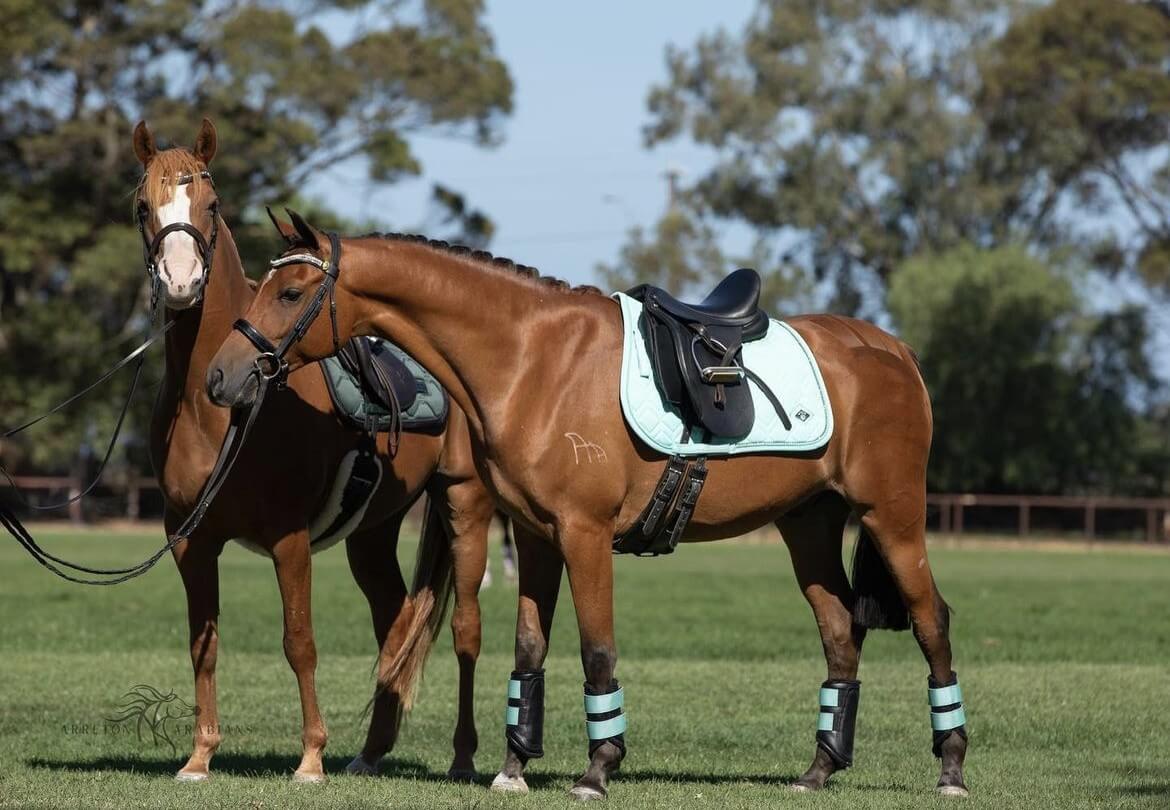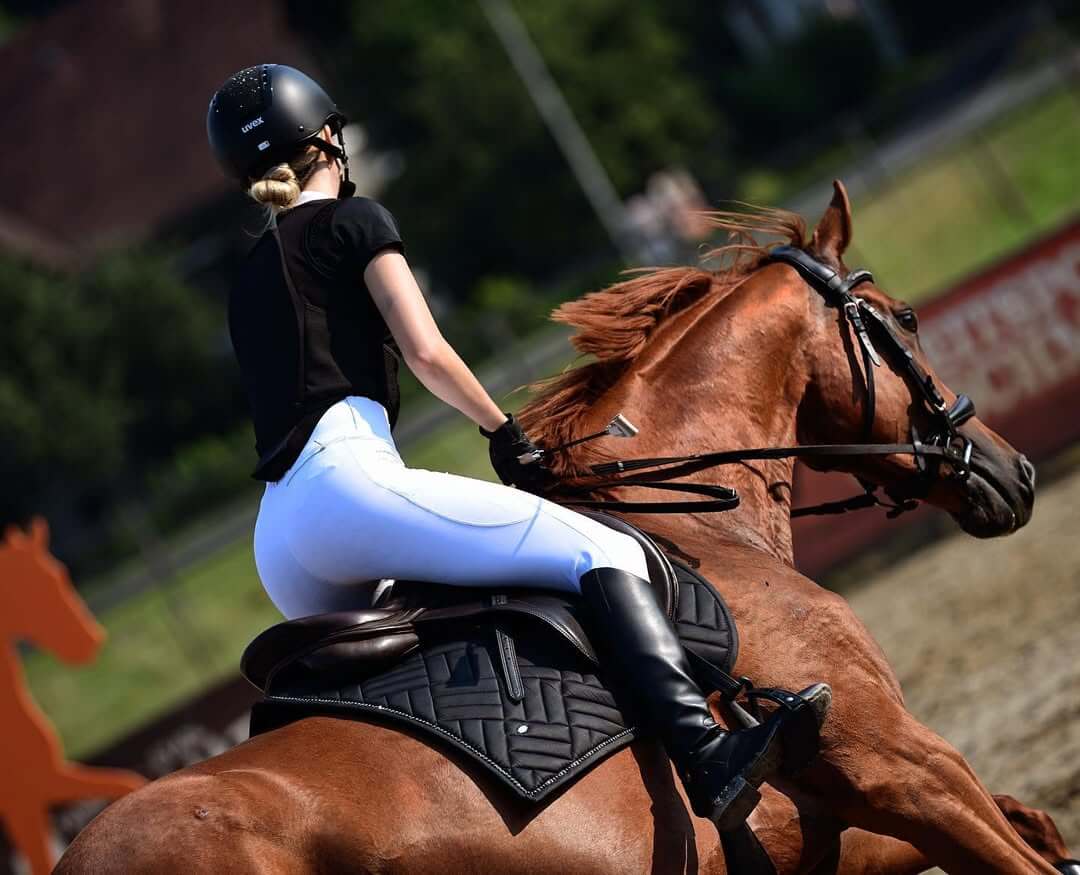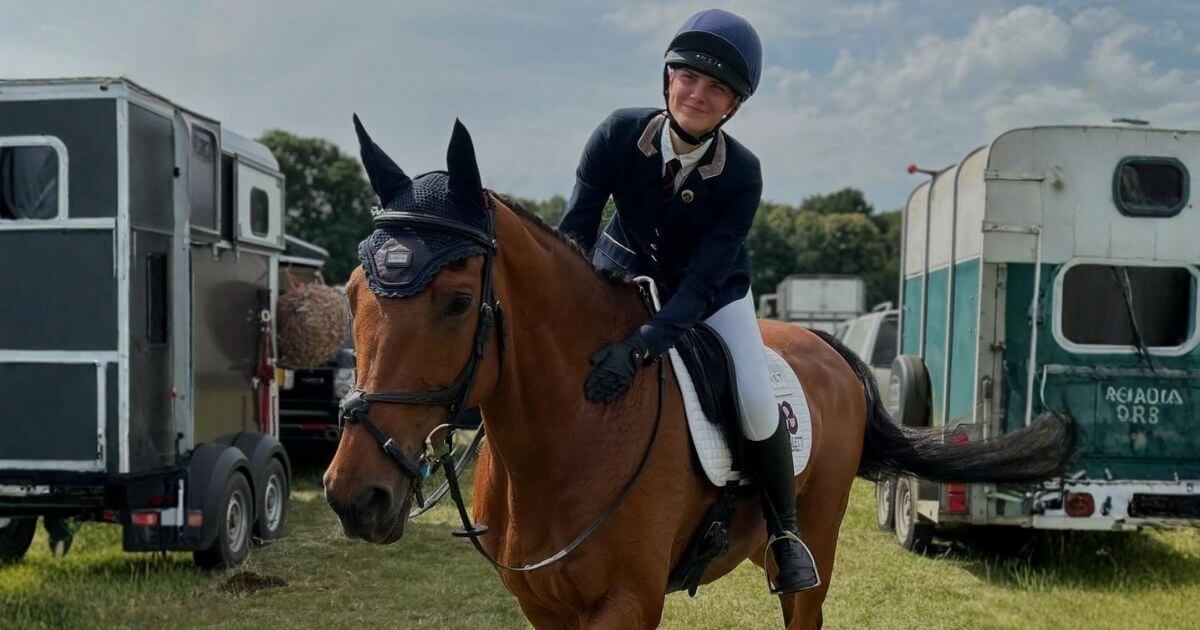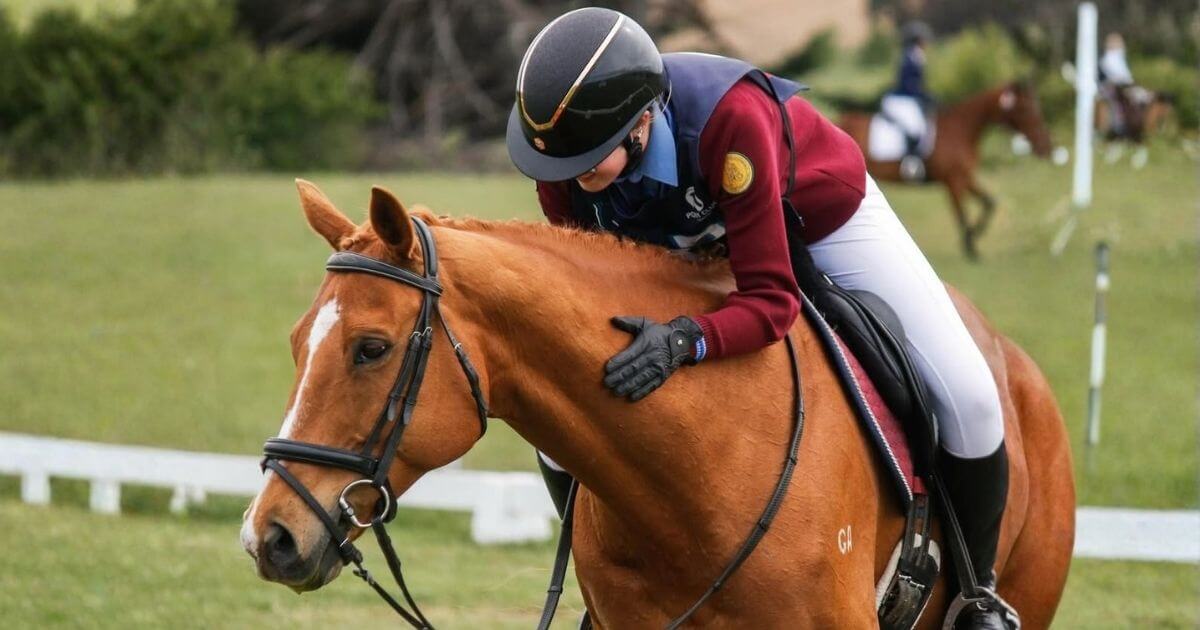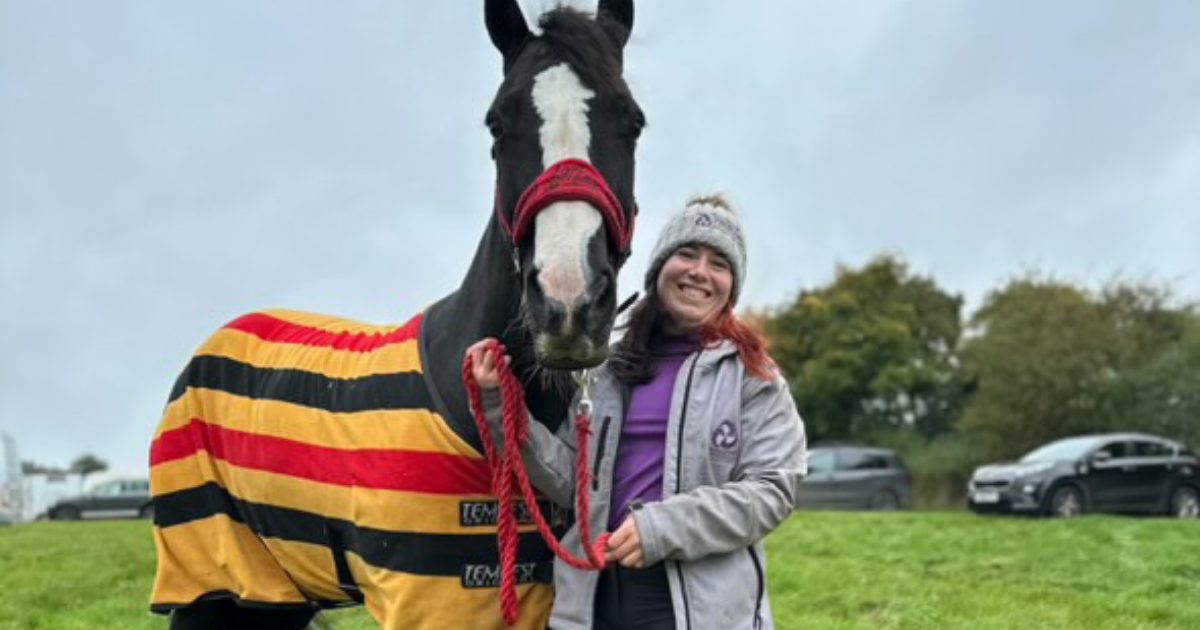Horse Behaviour: How to Understand It
Why is it important to understand horse behaviour?
Understanding our horse's behaviour is important in order to build a healthy, trusting relationship with them. Horses are complex animals with their own unique personalities, and without understanding their behaviour, we cannot effectively communicate with them.
Horses communicate with us primarily through body language, so it is important to understand the signals they are sending. Horses often express their feelings and emotions through subtle movements, such as ears, eyes, and tail. By paying attention to these signals, we can gain insight into how our horses are feeling and what they are trying to communicate.
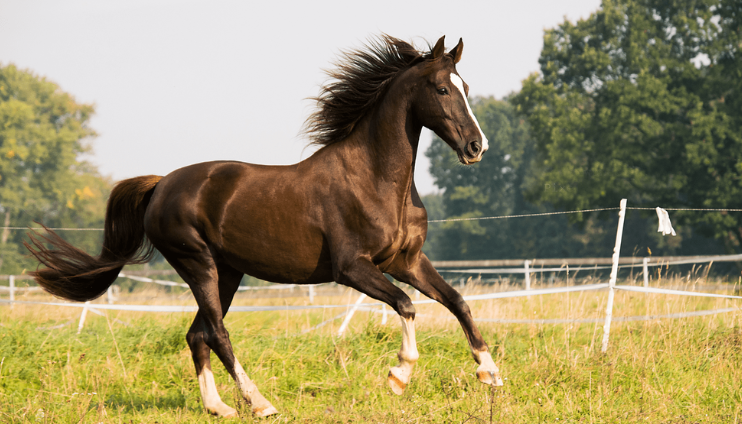
A Happy Horse
A happy horse will have a relaxed body language, with an open posture and relaxed facial expression, their ears should be forward and relaxed, and their eyes should be soft and alert. They will have a good appetite and be willing to eat. Horses can be quite vocal when they’re happy. Look out for contentment noises such as whinnying, nickering, and blowing.
A Sad Horse
A lack of appetite is one of the most common signs of a sad horse. If your horse isn’t interested in eating, it could be a sign that they’re not feeling well or are depressed. Horses that are feeling down often exhibit lethargy. If your horse is not as active as they usually are, it could be a sign that they’re feeling sad. A lowered head is another common sign of a sad horse. If your horse is not holding their head up as they usually do, it could be a sign that something is wrong.
An Angry Horse
One of the most obvious signs of an angry horse is when it begins to show aggression. This could include rearing, kicking, biting, or striking out at other horses or people. Another sign of an angry horse is when it begins to show signs of stress. This could include sweating, trembling, and whinnying. An angry horse will often have its ears pinned back, its head lowered, and its tail swishing. It may also be pacing, pawing the ground, or snorting.
A Worried Horse
One of the most common signs of a worried horse is changes in behaviour. If your horse is usually calm and relaxed, but suddenly becomes jumpy or skittish, it may be a sign that something is wrong. If your horse’s eyes are wide and their ears are pinned back, it’s likely that they are feeling anxious. You may also notice your horse is sweating more than usual, or their breathing is quicker and more labored.
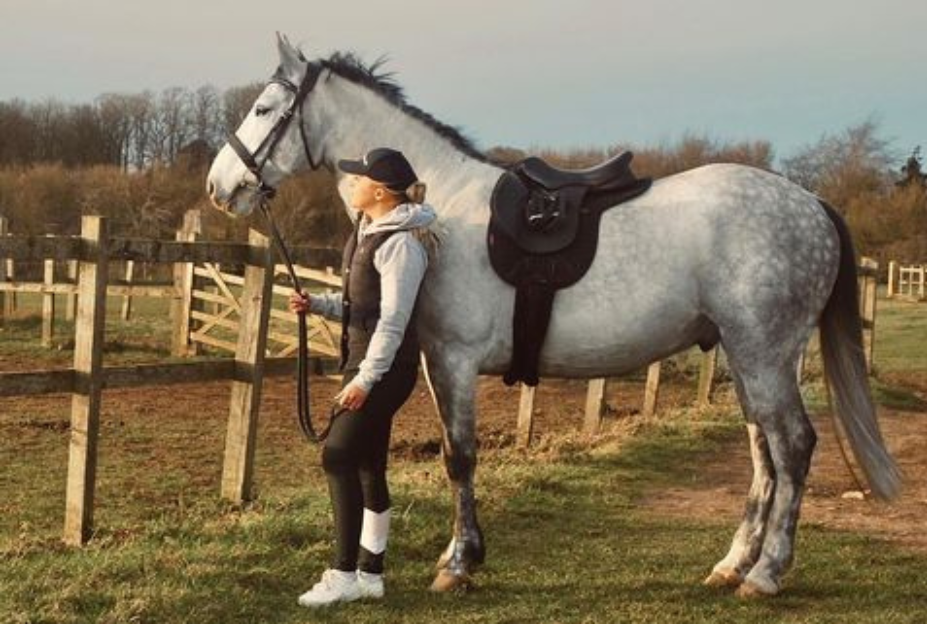
Worried about your horse's behaviour?
If you’re worried about your horse’s behaviour, it’s important to take action as soon as possible. The best thing to do is to consult with a professional equine specialist or vet. They will be able to assess the situation and provide advice about how to best help your horse.
It’s important to make sure your horse is getting regular exercise and a balanced diet. A healthy horse is less likely to display behavioural issues. If your horse is not getting enough exercise or a balanced diet, it’s important to make adjustments to ensure their wellbeing.
Finally, be sure to provide your horse with plenty of love and attention. Horses are social creatures and need to feel secure in their environment. Talk to them, groom them, and spend time bonding with them. A horse that feels secure and loved is more likely to be better behaved.




